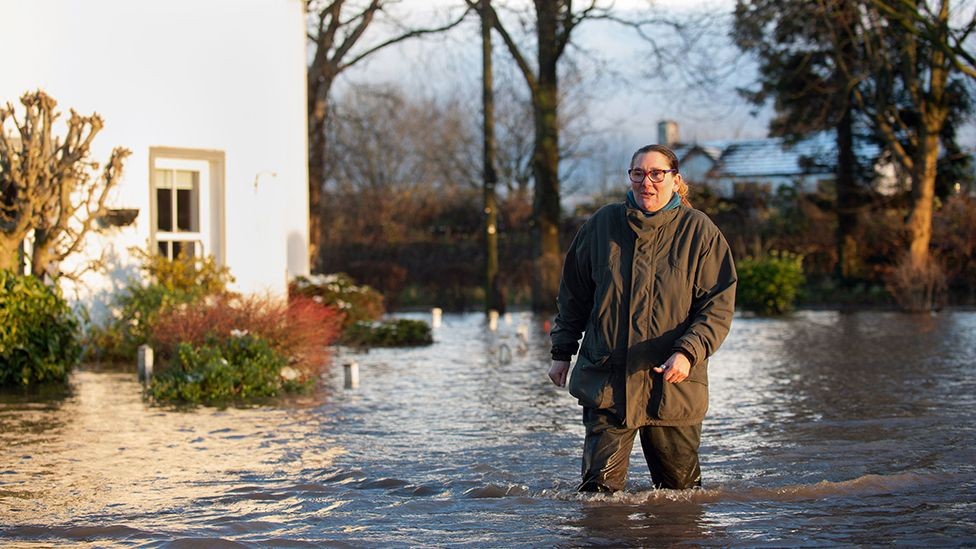
Flooding is the leading cause of fatality from thunderstorms each year, outnumbering all other thunderstorm-related hazards combined. The most prevalent cause of flood-related fatalities is when a vehicle is driven into potentially dangerous floodwater. Fortunately, you may take actions to keep yourself, your family, and your property safe and protected. For flood damage it is important.
When There Is a Flood Watch or Warning,
Preparing emergency supplies, such as food and water, is essential. Each human and each pet should have at least 1 gallon of water each day stored in a separate container. Keep at least three days’ worth of supplies on hand.
- For the latest information, tune in to your local radio or television station.
- Keep your vaccination records on hand (or know the year of your last tetanus shot).
- Keep vaccination records safe and dry in a watertight container.
- Bring in any outside belongings (lawn furniture, barbecues, garbage cans, etc.) or secure them in a safe place.
As soon as it seems that evacuation is required, shut off all utilities at the main power switch and close the main gas valve. Low-lying locations, gorges, washes, and other places prone to floods should be avoided. To prevent driving through flooded regions and standing water, keep the following in mind:
- A street that has been flooded
- If you get home and discover that your house has been flooded, take precautions to clean it safely.
Following the Occurrence of Flooding
- It is best not to drive through flooded regions or standing water. Getting your car stuck in water with as little as six inches of water in it might lead you to lose control.
- Drinking floodwater or using it to wash dishes, brush teeth, or wash or prepare meals is not recommended. Drink water that is free of contaminants.
- If you were forced to evacuate, do not return to your home until the local authorities have determined that it is safe to do so.
- Keep an eye out for boil water warnings. Local authorities will inform you if the water you are using for drinking and bathing is safe to consume.
- During a water advisory, only bottled, boiled, or treated water should be used for drinking, cooking, and other activities.
If in doubt, toss it. Food and bottled water that has come into touch with or may have come into contact with floodwater should be thrown away.
Carbon Monoxide (CO) Poisoning Should Be Avoided.
Generators should be placed at least 20 feet away from any doors, windows, or vents. If you want to use a pressure washer, be sure to keep the engine outside and at least 20 feet away from any windows, doors, or vents. If your automobile or truck is parked within a garage that is linked to a home, never leave it running even if the garage door is open.
Conclusion
Flooding poses a number of risks in addition to the acute harm it causes. Floodwater that remains stagnant may potentially transmit infectious illnesses, pose a threat to human health, and cause injury. If you get home and discover that your house has been flooded, take precautions to clean it safely. Remove and dispose of any drywall or insulation that has been polluted by floodwater or sewage, if needed. Mattresses, pillows, carpets, carpet padding, and stuffed toys are examples of objects that should be thrown away since they cannot be washed and sanitized with a bleach solution. Homeowners may find it necessary to temporarily store belongings outside the house while insurance claims are being processed.
